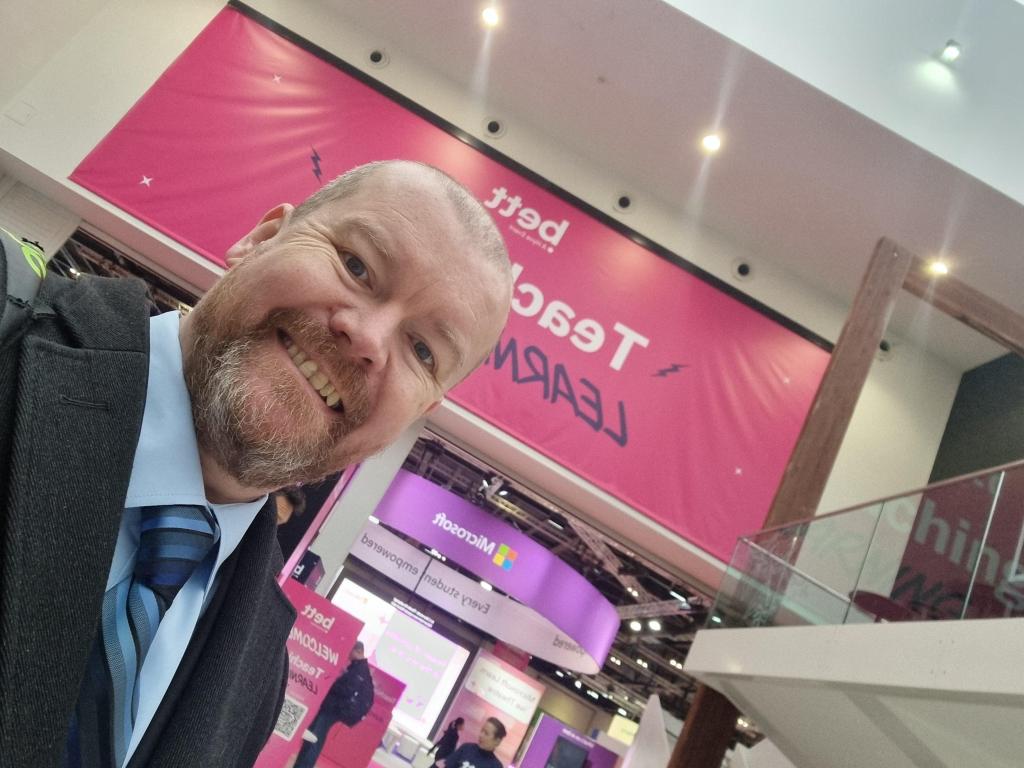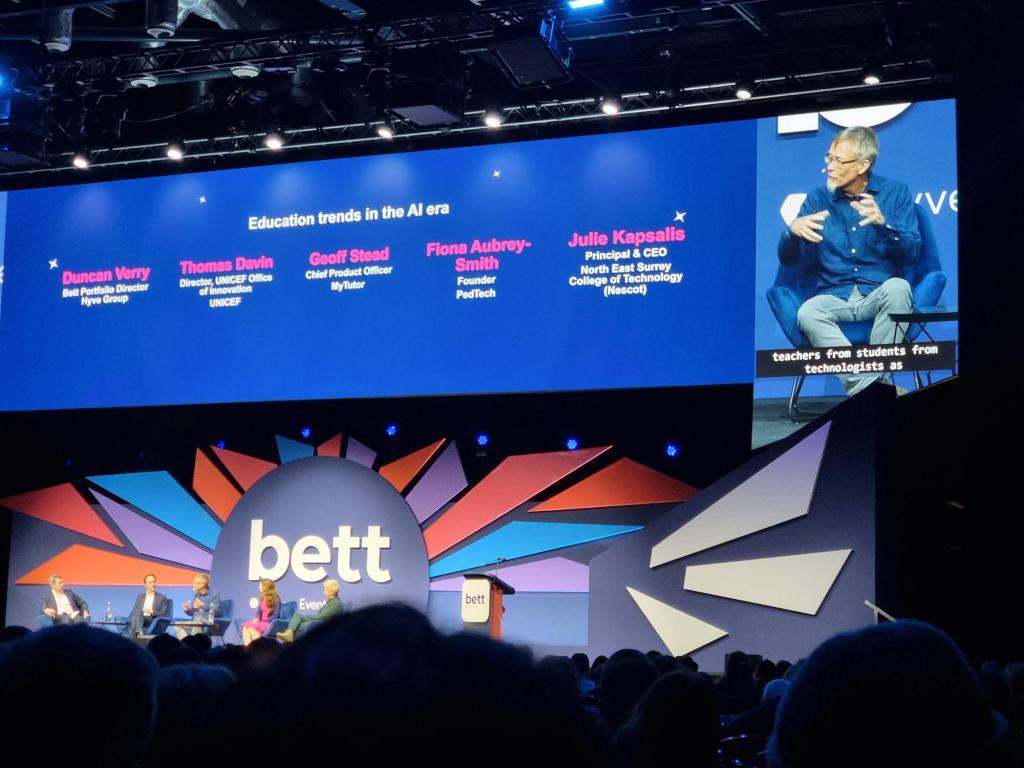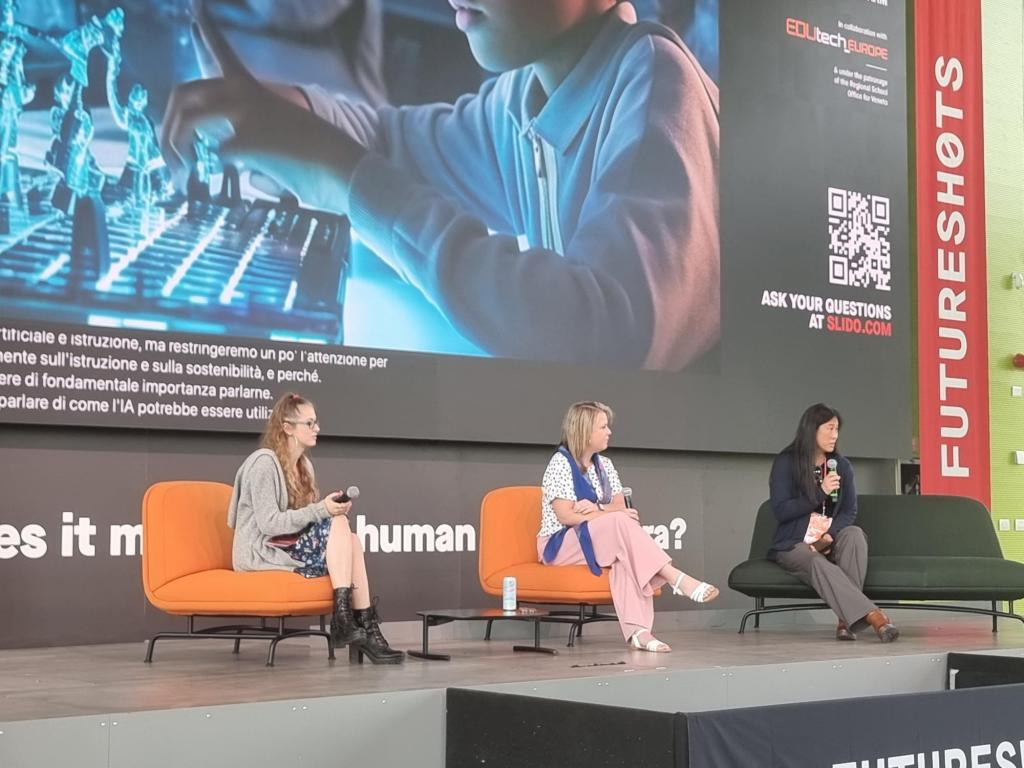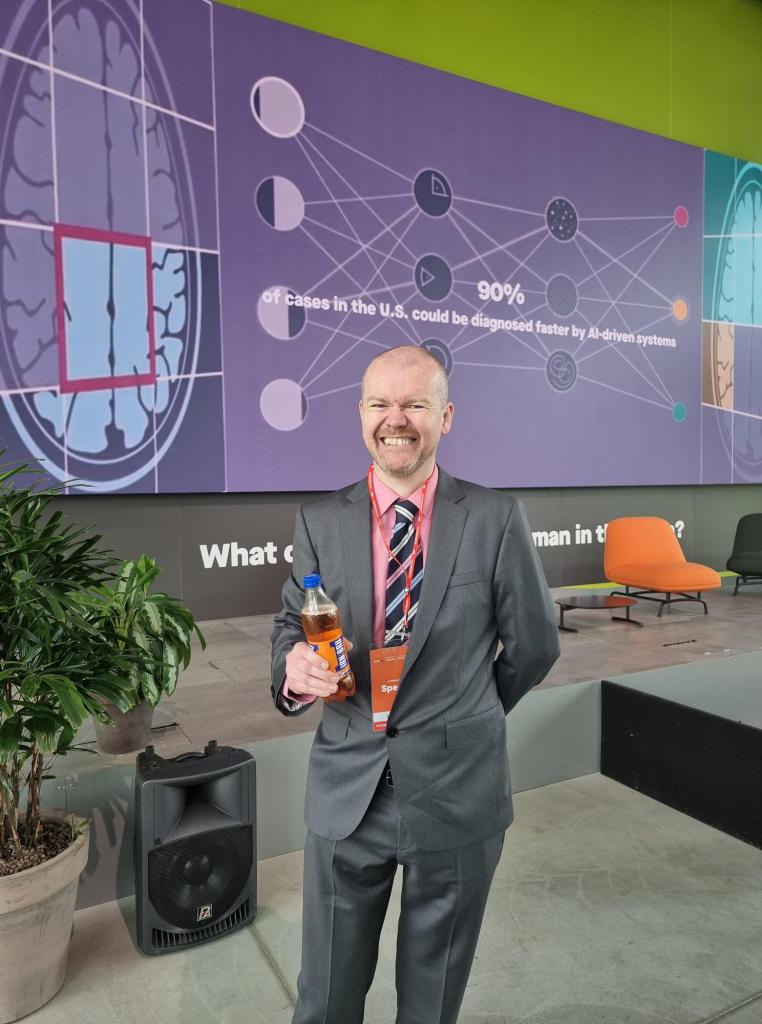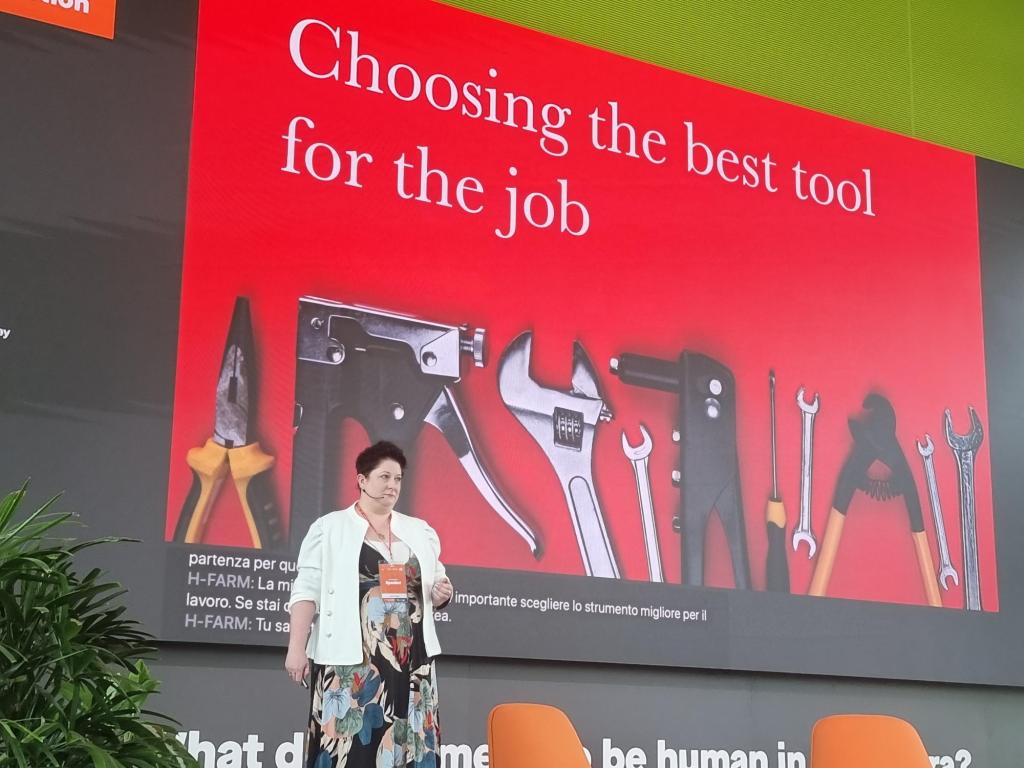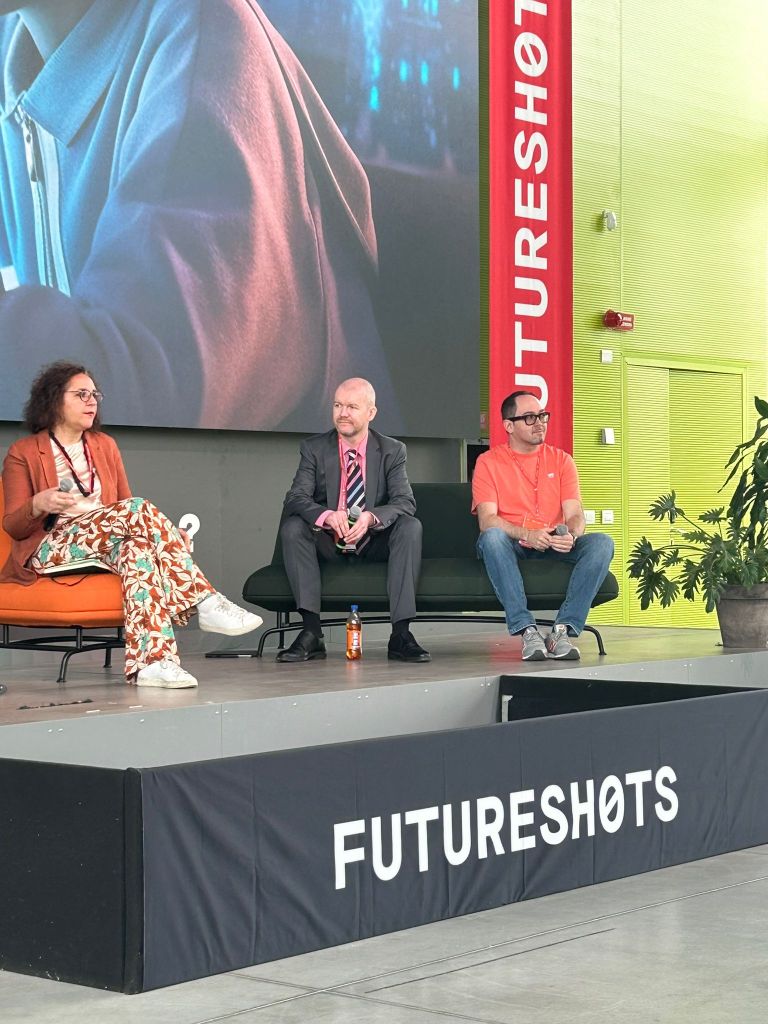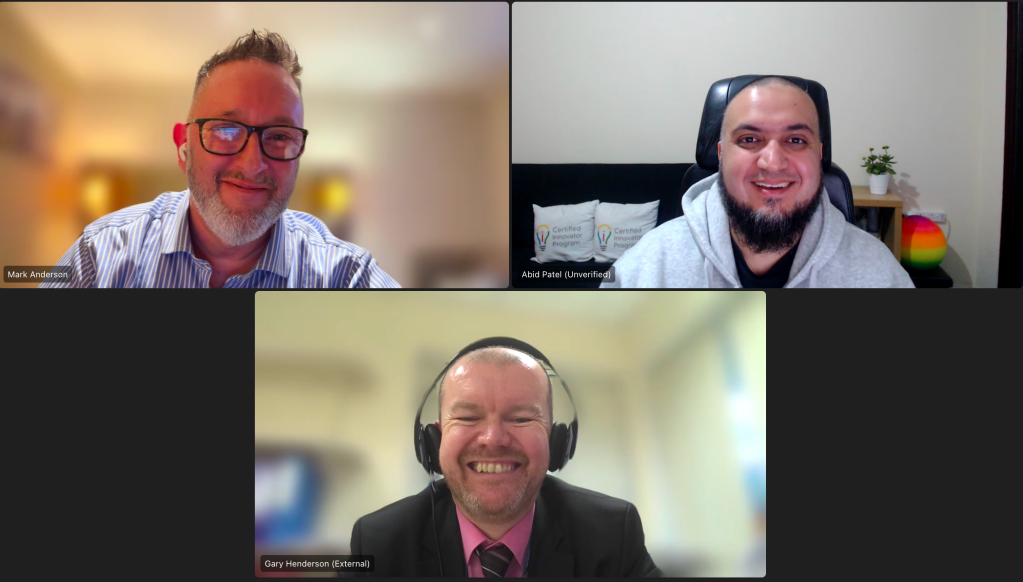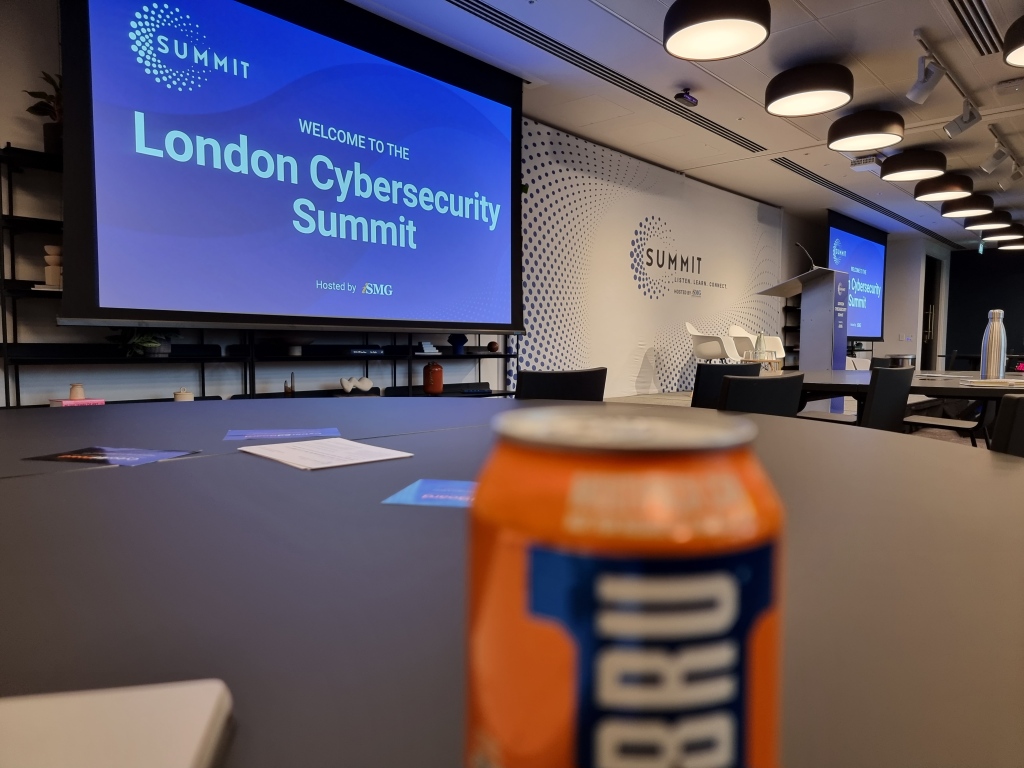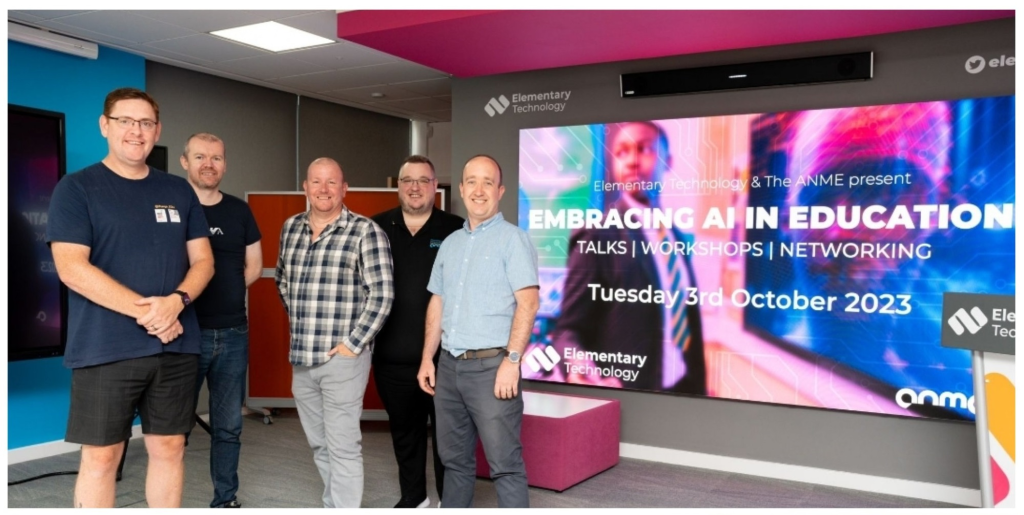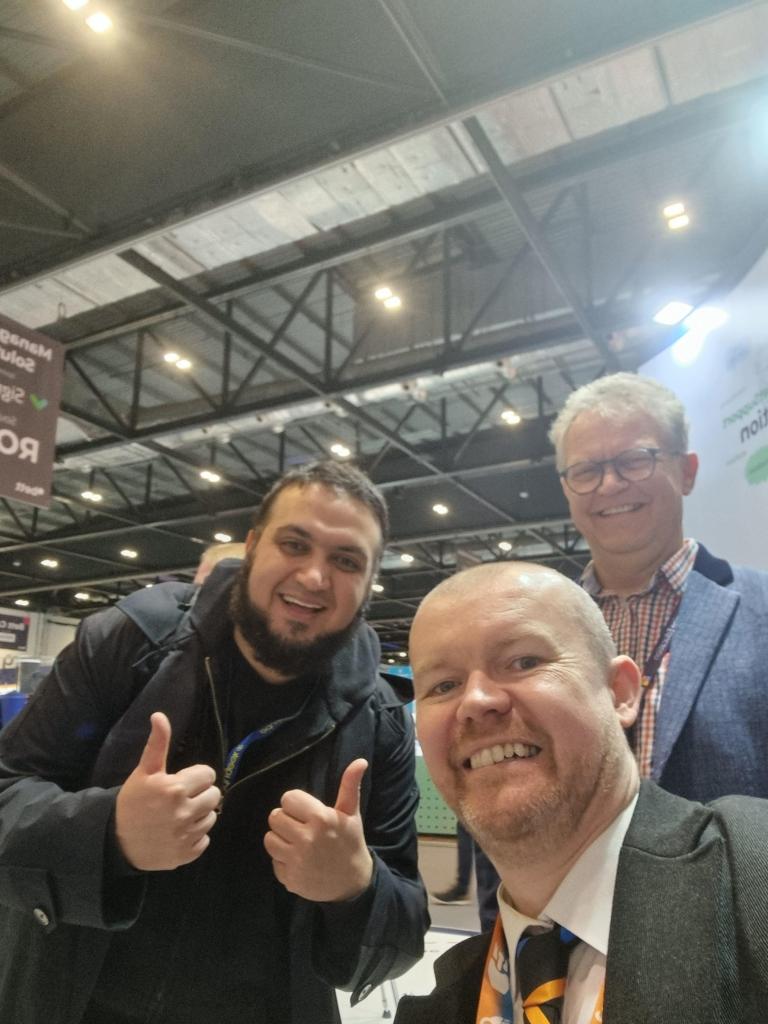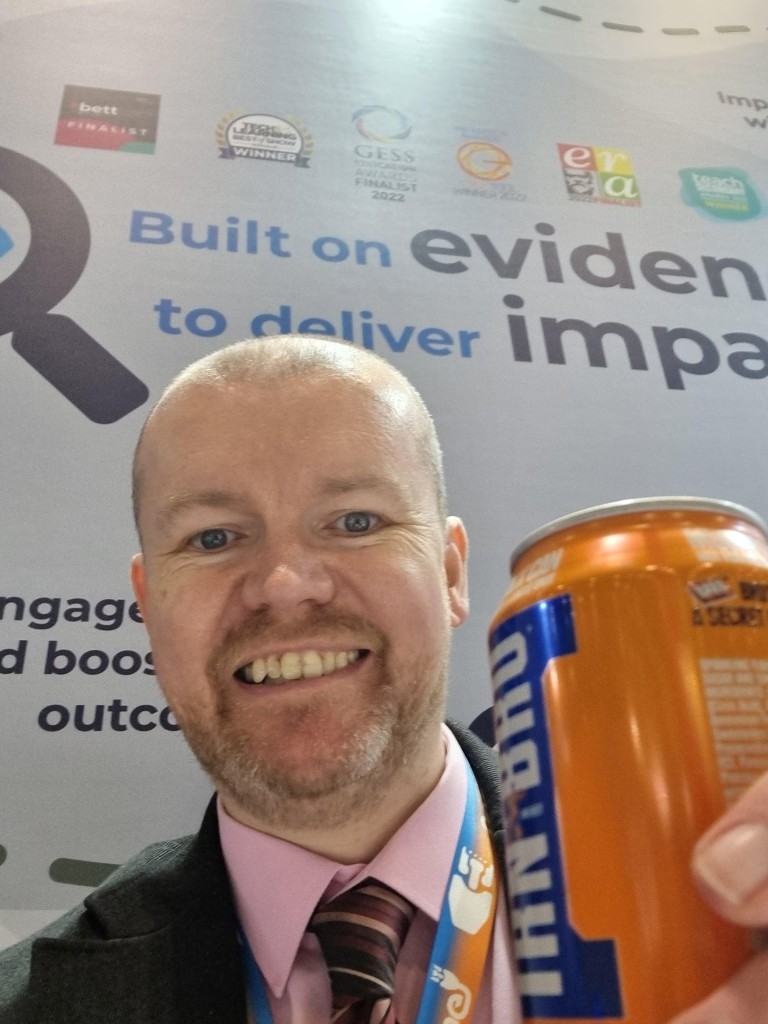The last 12 months have seen things in my life change significantly and I find myself still trying to establish new norms. It has also got me thinking about life and its meaning, something which I have enjoyed exploring through reading psychology and sociology books. So, I would just like to share some reflections both for myself, hoping to find some logic in the act of writing down my thoughts, but also maybe in the hope that it might help others or lead to others sharing their thoughts which might further add to the discussion.
The pace of life is only increasing
I have long considered that the pace of life is increasing but generally I have put this down to age. I have put it down to the fact that as we get older there are less “new” experiences in our lives, where these experiences are markers of time in our memories. As such when we reflect on being younger we find lots of markers as everything was new at some point, but as we age the markers get further apart as less things are “new”, creating an illusion of time moving quicker.
But what if this is only part of the story? The world has and is becoming increasingly digital and technological, driven on by increased convenience, such as on-demand TV and next day online delivery. Technology has also provided us with short video social media content allowing us to quickly while away our time, or fill any gaps in our day, but without engaging in more significant content such as a movie or TV series. We also have email, SMS and chat software allowing for immediate contact and sharing, and now are staring down the face of generative AI and its potential to allow us to be more efficient and get more done, quicker. Its all about doing more, so maybe this drive for convenience, do more and do it quicker, is all resulting in lives where the pace of life is only quickening, with no sign of this abating.
Handling a fast paced life
As the pace of life increases, whether due to tech or due to age, we develop strategies to help us manage the situation. In particular we look to automate ourselves, building human habits to reduce the cognitive load and ensure we get more done, quicker. For example, going out for a run in the morning; by making sure that your trainers and your running gear is at the side of your bed, you seek to automate your behaviour minimising friction such that you are out of bed, dressed and out the door without the need to think. This is but one of the many routines and habits we build to help us navigate life, with these habits becoming all the more important as the pace of things quickens. Could it be though, that for all these habits are a good thing, they also have a drawback? Yes they aid efficiency and allow us to get more done but at what cost?
A habit of habits
I suspect I have fallen into a habit of habits, where I have developed habits for running, for getting regular tasks done, using online tools to help with this, for getting housework and chores done, and for much beyond this. Building habits have become a habit, and I would go so far as to say, a successful one if the measure is how much I get done. If life was a quantitative game I would be winning. It is only that a sudden change in my life has disrupted this leading to me evaluating my situation and at times leading to me feeling a little bit lost and at times, depressed. My routines have been disrupted such that I have suddenly had some downtime, some alone and reflection time, and in this time, the difference between this and the busy, habit laden norms I have developed, there is a gulf. Looking back on the pace of life, when things were slower and less fast paced, the difference between a busy period and quiet reflection time was notable but not huge. As the pace of life has increased the difference between these two points has only increased with a corresponding increase in the mental impact when we find ourselves stopped.
Human Flourishing
I think part of the problem is that if we average out our lives they are getting more fast paced and busier, and we are being driven by the need to do more, do be better, to be more efficient. Eat right, exercise, work harder, socialise, look after your family, have time for yourself, read, study and much more; Its all about doing more but there are still only 24 hours to each day, and we spend at least some of those sleeping. This has left me feeling lost and unfulfilled. We are squeezing the time to stop, to reflect and to make sense of things out of our lives and this isn’t a good thing. Yes we are getting the quantity of things done but maybe at a cost of quality of life. We need this downtime or slow time, and it has taken a significant life change to make me aware of this, and I am finding it far from comfortable. When I stop and have time to reflect I feel I should be doing something more productive. I find it difficult to slow down and to live in the moment, to take things in and truly appreciate them as I feel I should be doing if I am flourishing as a human being. In a world of efficiency, hard work, productivity and continual improvement, fast paced lives and fast technology change is it any wonder? Am I just existing and doing, or am I truly living? Is life measured by what we do, what we achieve, or is it how we feel about it?
Conclusions
I don’t have answers for this and this post was more about sharing and dumping some ideas rather than presenting solutions. I feel our current trajectory is one we cannot continue on and discussions of workload concerns seem to agree. AI can help but if all it does is allow us to do even more, then it may actually play into the problem rather than solving it. For me I think we need to slow down, we need to seek to do less, focussing on what is most important, we need to find a better balance. As I said, I am not comfortable with things at the moment, but maybe I need to be uncomfortable for a while, maybe its desirable difficulty. The thing is it took a major life upset to get to this realisation, so I suspect many will be that busy being efficient that they might never have the time to make this leap. As a society do we need to take another look at what is truly important, whether it be in life, in education or in any other sphere which we as humans operate?



